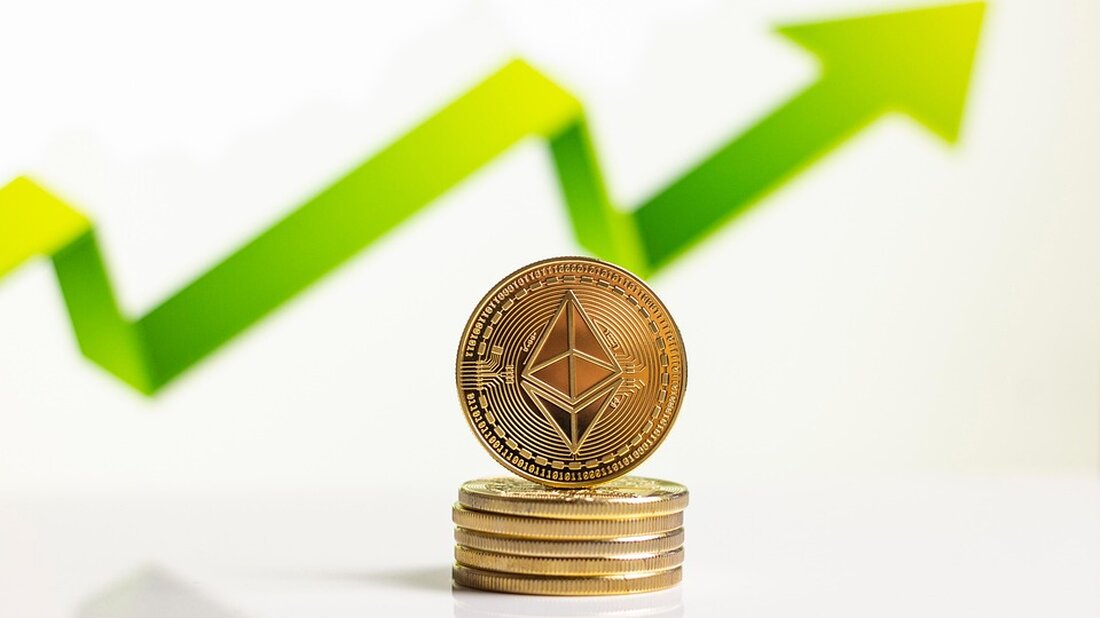According to Trump's announcement of tariffs, stocks fall on Japan and South Korea
According to Trump's announcement of tariffs, stocks fall on Japan and South Korea
The US stock markets fell on Monday after President Donald Trump announced a number of tariffs to countries such as Japan, South Korea and South Africa. The Dow Jones closed with a minus of 422 points or 0.94 %. The S&P 500 fell by 0.79 % and the technology -oriented Nasdaq Composite lost 0.92 %. The three big indices have recorded the worst day in about three weeks.
Trump announces new tariffs
The stock markets came under pressure at noon after Trump announced tariffs of 25 % on Japan and South Korea, which should come into force from August 1st. The courses continued in the afternoon when Trump Zölle imposed between 25 % and 40 % on countries such as Myanmar, Malaysia, Kazakhstan, Laos and South Africa.
Trump published letters on Truth Social, in which the tariffs were presented, which are separated from the sectoral tariffs. According to the letters "Customs tariffs could be adjusted up or down".
market analysis and reactions
The stock markets opened in the minus, while Wall Street thought about the plans of the Trump administration to announce new trade agreements or to inform countries about new customs rates. Trump announced on Sunday that the White House would send "customs letters" to the countries on Monday at 12 noon. He had informed the reporters on Friday that the letters would announce new customs rates that should apply from August 1st.
Karoline Leavitt, press spokeswoman for the White House, said on Monday that the president would sign an order to move the customs period of July 9 to August 1st and create a time framework for negotiations.
shares of automotive and technology giants fall
The shares listed on US stock exchanges of large Japanese automobile manufacturers such as Toyota, Nissan and Honda fell 4 %, 7.16 %and 3.86 %. The shares of the large South Korean technology companies LG Display and SK Telecom also dropped by 8.3 % and 7.76 %.
Exchange-Traded Funds (ETFS) of Blackrock, who pursue Japanese, South Korean, South African and Malaysian stocks, recorded declines of 2.4 %, 3.56 %, 1.73 %and 1.97 %.
The reaction of investors
The Japan, South Korea and Malaysia funds have recorded the worst day since the beginning of April. Ross Mayfield, investment strategist at BAIRD, told CNN that the proposed customs tariffs were higher than expected from the market, which led to a sales pressure in the shares.
US state bonds also fell while investors processed the developments regarding tariffs. The return of the 10-year government bond rose to 4.39 % and that of the 30-year-olds to 4.92 %. The returns and prices move into opposite directions.
the market fear and the uncertainties
The US dollar index, which measures the strength of the dollar compared to six important foreign currencies, rose by 0.3 %. The Japanese Yen, the South Korean Won and the South African edge everyone weakened against the dollar. Wall Street's fear index, CBOE Volatility Index, jumped by 8.4 %. The gold prices were easy in the morning, but then won by 0.1 %.
optimism among investors
The US stock markets had increased in the past few weeks because investors thought the worst uncertainties regarding the tariffs were behind them. Mohit Kumar, chief strategist and economist for Europe at Jefferies, said in a message that he did not believe that the original period of July 9th will have a significant influence on the markets.
"" Short -term uncertainties will create and trigger some profit treatment in view of the current reviews, "said Kumar. "But the letters should serve as an incentive for other countries to quickly reach an agreement, and we expect more trade agreements to be signed in the coming weeks."
kumar sees a decline in shares as a purchase opportunity.
trade agreements and market reactions
The S&P 500 has reached four record highs since June 27th. When the economic data was more than expected, the concerns about the effects of the first phase of Trump's customs campaign were alleviated. Brian Belski, chief investment strategist at BMO Capital Markets, reported that the recovered optimism was supported by a number of data points that seemed to be dispersed by some of the worst fears of investors.
Belski believes that trade agreements will be announced in the coming weeks, which "creates more clarity for investors and companies and will probably maintain the upward movement of the shares". Treasury Secretary Scott Bessent announced CNBC that he would expect several announcements within the next 48 hours.
risks for the market
While many investors expect the share prices to continue to increase, others warn of possible complacency in the markets. Scott Wren, global market strategist at Wells Fargo Investment Institute, expressed that the consensus on Wall Street was "excessively optimistic about the customs view".
Wren counted the concerns that while the customs rates are fixed, the economy could tend to grow more and decrease the expenditure of consumption. "In our opinion, the share prices are ahead of them and we intend to reduce positions in markets and sectors that we consider to be overrated," he said, named US blue chip shares and the consumer sector in the S&P 500, which had cut off well in recent months.
Trump also announced an additional inch of 10 % to countries on Sunday that allies with the Brics countries, an economic block that includes Brazil, Russia, India, China and South Africa.
Although the S&P 500 and Nasdaq have reached record heights in the past few weeks, the Dow is still about 608 points away from its all -time high.
This week Wall Street will pay particular attention to possible signs of new proposed customs rates. Lukman Otunuga, Senior Market Analyst at FXTM, explained that the shares could “come under pressure if the customs rates jump higher than expected and revive about recession and trade uncertainty.”


Kommentare (0)